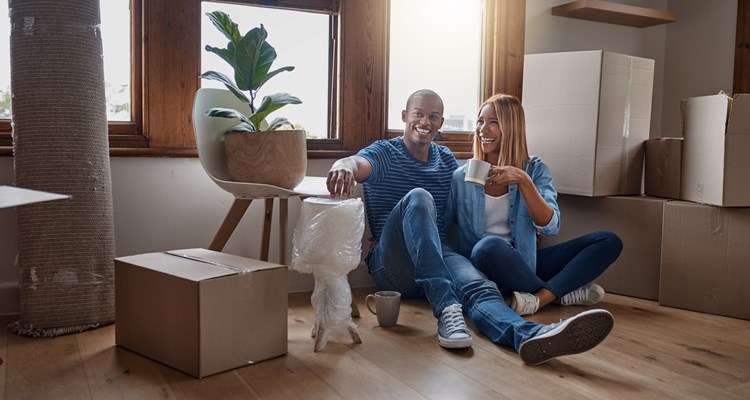Contrary to what many of us grew up believing, there's no magical age at which we should own our first home. Instead, becoming a homeowner should be based on your unique path and future life plans.
There are many reasons you might be considering your first home purchase. Perhaps you’re young and single, but want a place to call your own. Or maybe you have a family and want to set down roots in a forever home.
No matter your ‘why,’ the fact remains that buying a house is likely to be the single largest purchase you’ll ever make. That’s why it’s important to plan far ahead, and ensure that you wait to buy until the time is right.
So, when exactly is the right time to buy your first home?
There’s No Target Age
Contrary to what many of us grew up believing, there’s no magical age at which we should own our first home. Instead, becoming a homeowner should be based on your unique path and future life plans. Here are a few things to consider before taking the leap into homeownership.
Do I plan to stay put? Have a job that offers exciting opportunities for travel, or don’t see yourself staying in your current city long-term? Then buying probably isn’t a great idea yet. Unless the market makes a surprising jump, selling the home a few years after buying can mean a huge financial loss thanks to origination fees, mortgage interest, closing costs, and future commissions to a listing agent.
How will my future needs change? Maybe you’re a young, single professional now. If a family is in your five-year plan, though, you might want to hold off on buying. No one knows what their future holds; however, if you have specific goals that would impact your housing needs, wait to take out that mortgage.
Preparing to Buy Your First Home
With that said, the right time to buy your first home could be at age 23 as much as at age 53. The true answer lies in how prepared you are.
Determine What You Can Afford
Sit down with your finances and calculate what you can actually afford to spend on your first home. Include estimated mortgage payments, homeowner’s insurance, and property taxes, as well as considering the impact that a larger home could have on utility bills.
Make sure to set aside money each month for home maintenance, too. Most industry professionals suggest allocating 1% of the home’s total value for annual maintenance expenses.
Get Finances in Line
If you’re living paycheck to paycheck, or don’t have a predictable income, it’s probably not the right time to buy a home. Ensure that you are able to save money each month from a stable income source, and also build up a solid emergency fund for unexpected expenses.
Save for Down Payment
It’s rare these days to find a mortgage lender who doesn’t require a down payment; most zero-down mortgages disappeared with the 2008 housing market crash. Instead, you should plan to put down a percentage of your home’s purchase price, financing the remainder with your mortgage loan.
The “standard” down payment is 20% of your total price tag. Putting down less than this is possible, sure, and homebuyers can find lenders willing to accept 15-, 10-, or even 3.5-percent. However, this often translates to higher interest rates. Plus, most lenders will then require you to pay PMI, or private mortgage insurance, to protect the loan.
Both can mean thousands of extra dollars out of your pocket each year.
Improve Credit
Getting a competitive mortgage rate can save you tens of thousands of dollars… but it requires great credit. That’s why it’s important to start improving your credit at least a year or two before buying a home, if needed.
Avoid opening new accounts, pay down existing debt, and work to improve your credit utilization. If you have any negative reports (like late payments) that are set to “age off” soon, it’s worth waiting before applying for a mortgage.
When to Buy
There’s no magical number involved when it comes to buying your first home. The right time really depends on your individual plans for the future, and how financially prepared you are to take on such a huge investment.
By spending a few years planning for homeownership -- cleaning up your credit, saving for a down payment, and getting finances in order -- you can ensure a successful first home purchase.
